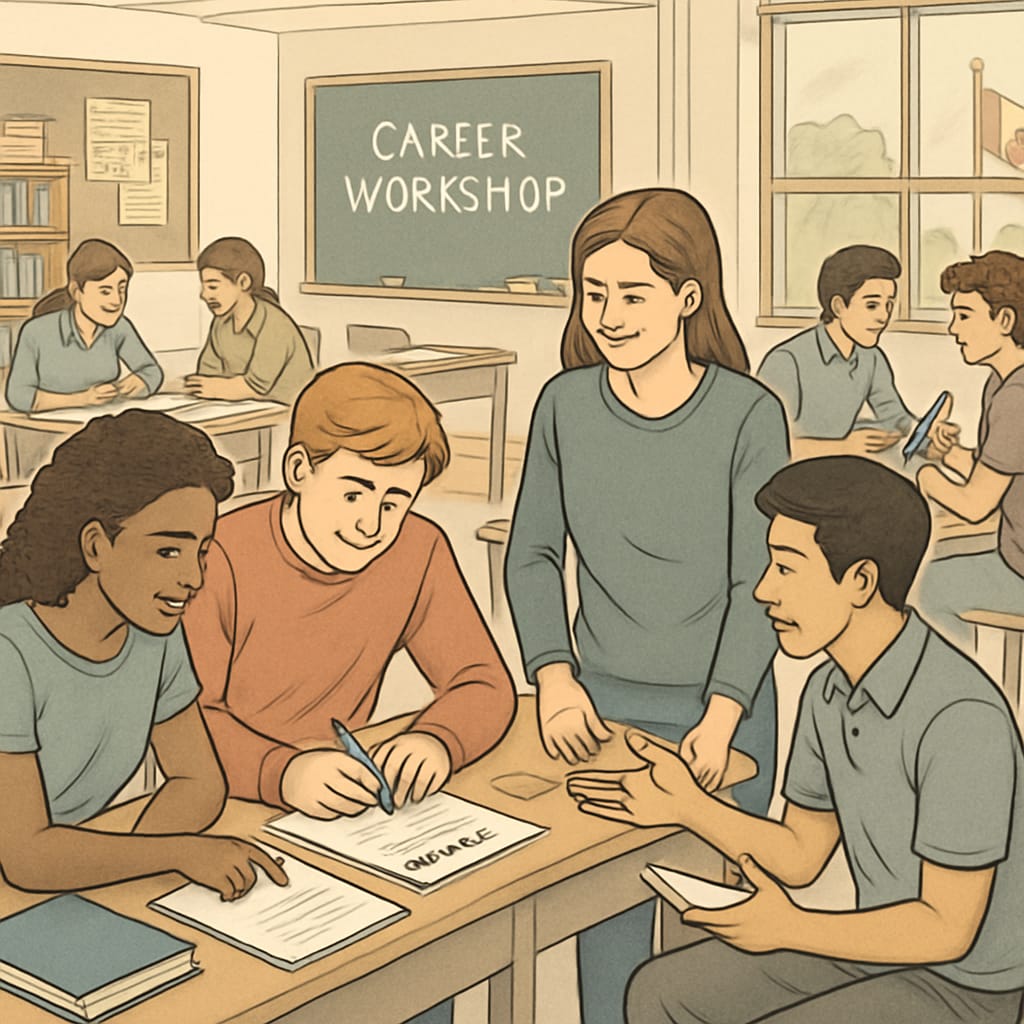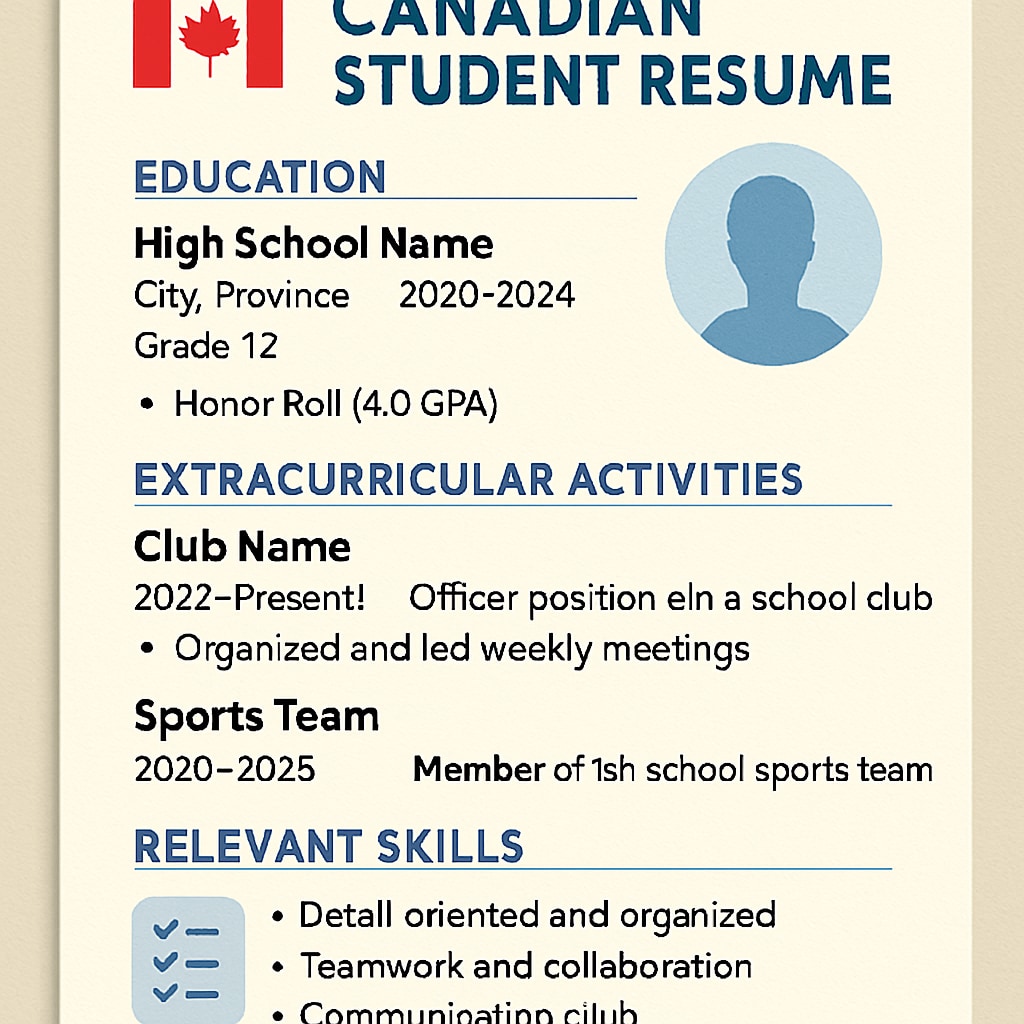In today’s competitive job market, finding effective strategies for career preparation is essential, especially in Canada where employment opportunities are diverse and demand strong cross-cultural competencies. Canada’s K-12 education system plays a pivotal role in equipping students with the skills necessary to succeed, particularly when it comes to crafting professional resumes and planning their future careers. Whether you are an educator, parent, or student, understanding the connection between education and employment is key to ensuring long-term success.
How Canada’s K-12 Education System Prepares Students for Career Success
The Canadian K-12 education system emphasizes holistic development, ensuring that students acquire not just academic knowledge but also practical, transferable skills. These include critical thinking, collaboration, communication, and adaptability—qualities highly valued in global workplaces. Furthermore, schools often integrate career-oriented programs such as cooperative education (co-op), internships, and extracurricular activities, allowing students to gain hands-on experience.
One of the most important tools for job readiness is a well-crafted resume. Students in Canada are encouraged to start building resumes early, beginning with volunteer work, school projects, and part-time jobs. Teachers and career counselors often guide students in understanding what employers look for, such as clear formatting, concise descriptions, and evidence of skills.

Key Elements of a Winning Resume
Creating an impactful resume requires attention to detail and an understanding of industry-specific expectations. Here are some essential components every student should include:
- Contact Information: Ensure your name, phone number, email address, and LinkedIn profile (if applicable) are clearly visible.
- Objective Statement: A brief sentence capturing your career aspirations and what you aim to contribute to an organization.
- Education: Highlight key courses, certifications, or projects relevant to your desired field.
- Skills: List both hard and soft skills—e.g., proficiency in Microsoft Office, teamwork, or problem-solving.
- Experience: Include internships, volunteer work, and extracurricular activities that demonstrate leadership or initiative.
Students should also tailor their resumes for each job application, emphasizing keywords from the job description to align with employer expectations.

How Parents and Educators Can Support Career Planning
Parents and educators hold significant influence over a student’s career readiness. By fostering a growth mindset and encouraging exploration of different interests, they can help students identify their passions and strengths. Here are some practical steps:
- Introduce Career Discussions Early: Talk about career options and skills needed for success, even during elementary school years.
- Encourage Extracurricular Activities: Participation in clubs, sports, or volunteer programs builds teamwork and leadership skills.
- Provide Resume Workshops: Schools can organize resume-writing sessions to teach students formatting, content selection, and customization.
- Promote Networking: Encourage students to attend career fairs, connect with mentors, and explore online professional platforms like LinkedIn.
Educators can also integrate career planning into the curriculum, teaching students how to match their personal skills with industry demands.
The Role of Cross-Cultural Competence in Canadian Careers
Canada’s multicultural society means that cross-cultural competence is a valuable asset in any profession. Schools can prepare students for this by promoting diversity and inclusion through classroom discussions, group projects, and cultural exchange programs. Understanding different perspectives enhances collaboration and problem-solving, skills that employers increasingly prioritize.
As a result, students who graduate from Canada’s K-12 system are not only academically prepared but also culturally aware, capable of adapting to diverse workplaces. This is a crucial advantage in industries such as healthcare, technology, and international business.
In conclusion, Canada’s K-12 education system provides a solid foundation for career readiness, emphasizing resume building, skill development, and cross-cultural competence. Parents and educators play a vital role in guiding students toward professional success, ensuring they are equipped to navigate the complexities of the modern job market.


